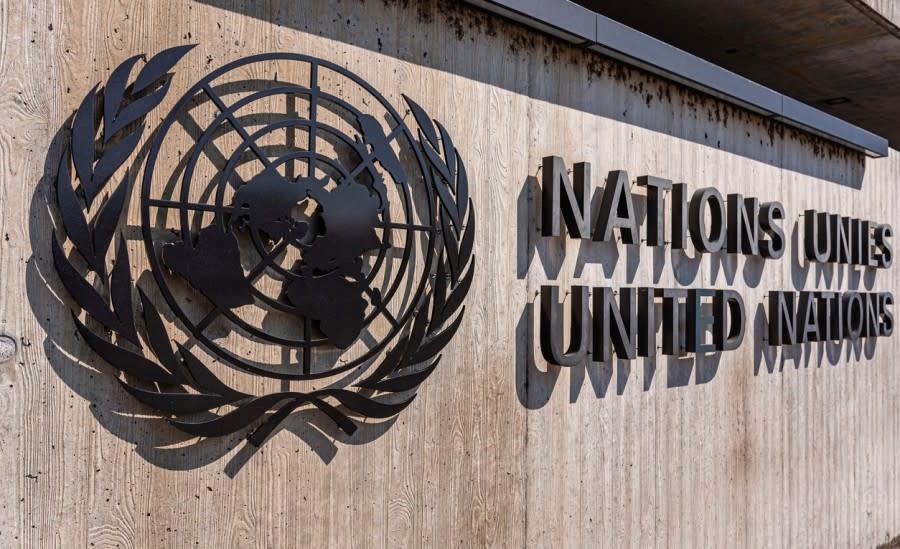
Story at a glance
-
The US signed on to, but did not ratify, a United Nations (U.N.) agreement that focused on protecting the human rights of women and girls, including reproductive health rights.
The US is coming under increasing scrutiny from the international community after the Supreme Court overturned the constitutional right to abortion, with the United Nations women’s rights committee urging the US to adhere to a pact it signed that included allowing legal abortion.
The Committee on the Elimination of Discrimination against Women (CEDAW) wants the U.S. to stay true to its commitment that was signed in 1980, called the Convention on the Elimination of All Forms of Discrimination against Women.
That committee expresses solidarity with women and girls in the US and called on all parties to end criminalizing abortion and to at minimum allow legal abortion in cases of rape, incest, threats to life or health of the pregnant woman and girl and severe fetal impairment.
The CEDAW Convention is considered the only near-universal treaty that comprehensively protects women’s human rights, including sexual and reproductive health rights. It was created in an effort to promote women’s rights and bring, “the female half of humanity into the focus of human rights concerns.”
America is changing faster than ever! Add Changing America to your Facebook or Twitter feed to stay on top of the news.
The U.S. signed onto the convention but has yet to ratify it, making it one of just seven countries, including Iran, Somalia and Sudan, that also have not ratified the Convention despite signing on to it.
In light of the U.S. Supreme Court striking down the constitutional right to abortion, the Committee said in a statement that it “expresses its solidarity with women and girls in the United States and resolutely urges the United States of America to adhere to the Convention.”
The committee also emphasized that access to safe and legal abortion helps reduce maternal mortality rates, prevents adolescent and unwanted pregnancies and ensures women’s right to freely decide over their bodies.
The U.S. is already experiencing a dismal maternal mortality rate, with Centers for Disease Control and Prevention (CDC) estimating about 700 women die from pregnancy-related complication annually, which is the highest maternal mortality rate of any high-income nation in the world.
This isn’t the first time the U.N. has criticized the U.S. over its abortion policy, with Melissa Upreti, chairwoman of the U.N.’s working group on discrimination against women and girls, saying last year Texas’ “fetal heartbeat bill” was “structured sex and gender-based discrimination at its worst.”
That Texas law took effect in September and bans abortions after six weeks of pregnancy, only making an exception for medical emergencies. It also allows private citizens to sue abortion providers if they have a suspicion that the new law is being breached.
For the latest news, weather, sports, and streaming video, head to The Hill.




